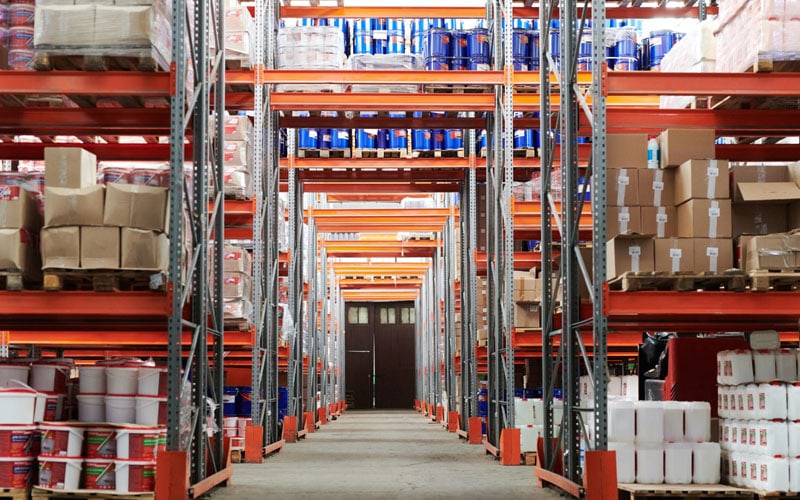

A warehouse can make or break your business, and it’s important to know that not all of them were created equal. You need to research some of your options in order to save resources and select the one that will contribute more to your business. Learn more about warehouse importance on this page here.
Industrial warehouses have lots of purposes. They can be an area where you produce your products, store your goods, or distribute parcels to different customers. Industrial properties in Plain City have their own measurements, specifications, and uses, so you need to know what to ask before renting one. Some of the factors that may affect your decision are the following.
1. Learn the Zoning Lawns in your Area
Zoning laws will generally dictate how the lands are used. Just make sure that the specific warehouse you’ve chosen has the right permits and learn about them. Commercial zoning can include restaurants, retail stores, and other venues that have more regulations regarding traffic, pollution, and noise. Some are for manufacturing purposes, so you should know the type of your prospective property.
Landlords generally apply for zoning amendments if you’re using the space for retail operations, so be sure to ask about them. Industrial prices can be lower, but they may have a lot of regulations in place.
2. HVAC Installation
Sometimes, you might visit a warehouse that does not have any type of HVAC installed in it. The tenants are the ones who will do the installation of their air conditioning and heating units, and things could be easier if you find one where the previous tenants had already installed HVAC.
Others may use the air conditioners and refrigeration in place, but this is not advisable. You wouldn’t know if the system was maintained correctly and you may need to install your own to ensure that the appliances work all the time. You can negotiate with the commercial warehouse’s owner about paying for the HVAC maintenance so you can reduce your rent.
If some of the units need replacement or major repairs, it’s always the landlords’ responsibility to ensure they are taken care of. Before you sign the contract, inspect the current HVAC systems in the warehouse with the help of a qualified technician to see if you need to install or replace the ones in place.
3. Electrical Volume
The building’s electrical supply should be able to handle your operations on a daily basis. The volume of the electricity should also meet the local codes and regulations in the area to ensure that the workers are safe. Before you rent a warehouse in Plain City, make sure that it has enough outlets to accommodate your needs for lighting, cooling, heating, and other equipment. There are a lot of others that may be great options for you, so be sure to check them out.
Consider hiring an electrical engineer or a highly-qualified electrician, especially if you’re using heavy vehicles inside the warehouse. Evaluate and assess the inside of the factory before signing the leasing papers. The engineers will generally tell you if the entire building has enough power and amperage for massive operations. You should never risk a transformer or a fuse blowing up as this can be a hazard to your business and the workers.
4. Know How Much Storage you Need
Many landlords have specific measurements when it comes to square footage. Ask about the things included in their calculations since the ideal scenario is you’re just going to pay for the actual room you’re occupying and not all the unavailable square feet. Others may include the drip lines and the outside of the factory, so be sure that you know about these details.
Aside from the factory’s square footage, know that the cubic square footage measurement will come into play. This includes the ceiling, which is essential if you’re going to store plenty of boxes and stack lots of items. There should be more than enough vertical space but not too high since there’s no sense paying for the things you can’t use.
5. Parking Lots

Whether the parking area is made up of concrete or asphalt, they still need maintenance from time to time. However, you might get charged extra for this, and it’s something that you want to clarify from the get-go. Get more info about the average parking lot costs at this link: https://www.homeadvisor.com/cost/outdoor-living/pave-a-parking-lot/.
Parking areas serve many purposes, including pickups, deliveries, employee parking, and other regular uses. This is usually the landlord’s liability because it contributes to the property’s long-term value and is a long-term expense but ask and check about this.
The parking area should be big enough to accommodate the daily operations of your business. When you’re relying on tractor or trailer deliveries, you need spaces that are wide enough to let these vehicles go through without a hitch. If necessary, confirm if there’s overnight parking to make things clear from the start.







